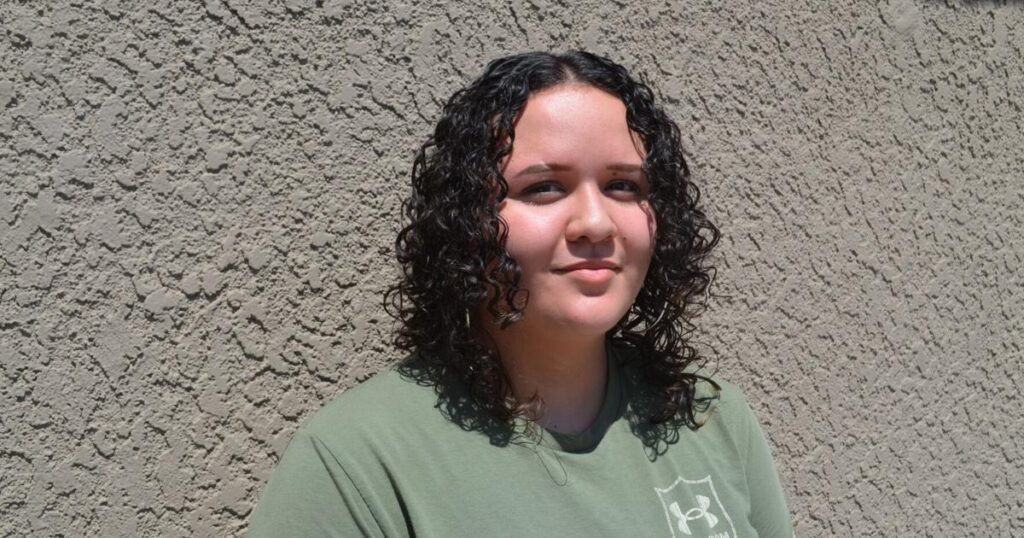Preparing Students for the Future in Arizona
Riolico, Arizona – At Riolico High School in southern Arizona, the focus is on more than just academics; it’s about equipping students for real-world challenges. Graduates leave not only with their high school diplomas but also with technical certifications in various fields, including cooking, law enforcement, digital photography, and more.
One notable graduate is Veronica Ramos, who has recently started working at the Santa Cruz County Jail. She knew quite early on what she wanted to do. Upon starting her freshman year at Rio Rico, Ramos immediately chose to pursue two technical careers: law/public safety and the Junior Reserve Officer Training Corps (JROTC).
The school offers a diverse range of ten technical careers, which include areas like agriculture, automotive, electronics, business operations, and theatre arts, among others.
According to Jimmy Navarro, the Director of Career Technical Education (CTE) at the school, many students from these programs now occupy positions in local law enforcement and other roles within the community.
Transition from School to Employment
As students enter the law/public safety classrooms, pictures of successful alumni decorate the walls—many of whom are now working for local police and public safety departments. Veronica is among those who have made the transition successfully.
In an interview, Ramos reflected on her journey, mentioning that she enrolled in JROTC right after starting high school and later took up law and public safety courses in her sophomore year. Immediately after her graduation, she secured a job as a detention officer.
Interestingly, the JROTC program isn’t strictly for those looking to join the military, a point that both Navarro and Ramos emphasized. “JROTC focuses on teaching discipline, leadership, and how to effectively communicate and deal with various situations,” Ramos explained. For those aiming for law enforcement careers, the program provides valuable training through visits from actual officers and detectives.
Navarro mentioned that students can begin working in government roles, like parking enforcement or 911 dispatch, once they turn 18, and they are eligible to join a police academy at 20.
While not every student opts for accreditation careers, it’s encouraged that they complete technical programs while in high school. Pursuing up to two technical paths can lead to additional credits, which can be beneficial for future college attendance or early graduation.
Each graduate receives a technical skill rating, and securing accreditation can start as early as grade nine, along with internships in their chosen fields. There’s a notable example this year of a culinary arts student who was interning at a restaurant, hinting at a bright future, even if it’s just the start of their career.
Innovative Programs and Collaboration
In a nod to innovation, various research and engineering organizations in southern Arizona support high school students through programs like “Racing the Sun,” where students design and construct electric and solar vehicles. Annually, there’s a competition in Tucson, providing necessary materials for students to build go-karts operating like electric vehicles.
Beyond its ten programs, Riolico High also collaborates with Tucson’s PIMA Joint Technical Education District (JTED), which offers career training in emergency medical services, cybersecurity, graphic design, and more. Thanks to this partnership, students can transition to classes in Tucson at no cost, with 35 students transferred last year alone.
In summary, both Riolico High School and community partnerships play a vital role in shaping the future of students—offering them not just education, but pathways toward meaningful careers.







